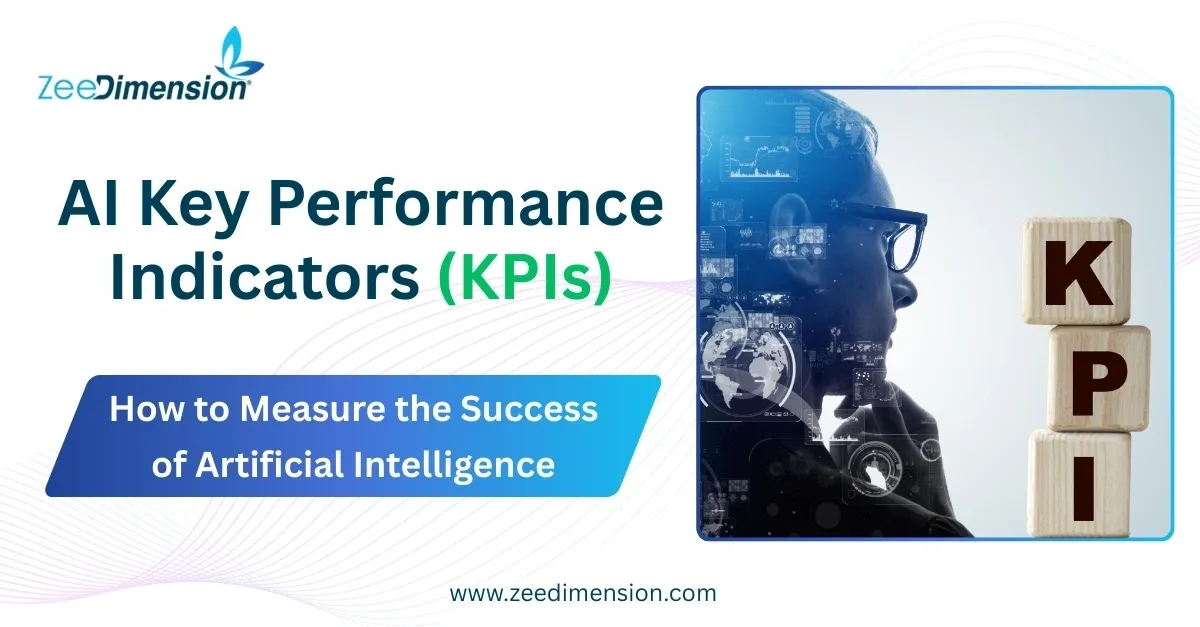
Key Performance Indicators (KPIs): Measuring AI Success
Artificial intelligence is transforming industries, but how do organizations know if their AI truly delivers value? The answer is AI KPIs—performance metrics that turn innovation into measurable outcomes.
Why AI KPIs Matter
AI models are adaptive and complex. Without clear artificial intelligence performance metrics, businesses risk wasted investments and low adoption. KPIs bring accountability by linking AI performance to accuracy, business value, and user trust.
The Four Dimensions of AI KPIs
-
Model Performance – accuracy, precision, recall, F1 score, latency.
-
Business Value – cost savings, revenue growth, efficiency, ROI.
-
User Experience – adoption, satisfaction (CSAT/NPS), error impact.
-
Ethics & Governance – bias detection, explainability, compliance, security.
Setting Effective KPIs
Strong AI measurement requires SMART goals—specific, measurable, achievable, relevant, and time-bound. The best frameworks balance technical performance with business outcomes and ethical responsibility.
Example in Practice
A retail recommendation engine illustrates this balance: precision and recall measure accuracy, conversion rates show business value, satisfaction scores highlight user trust, and bias monitoring ensures fairness.
Conclusion
AI KPIs go beyond accuracy. They measure whether AI is reliable, profitable, user-friendly, and ethical. Organizations that track these dimensions can ensure their AI builds trust and delivers real impact.







